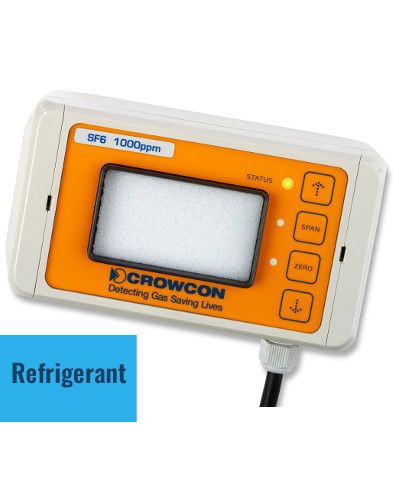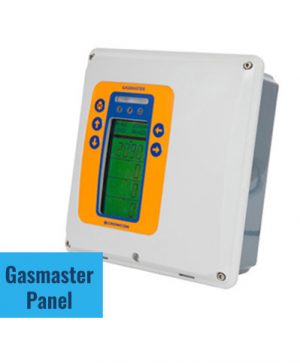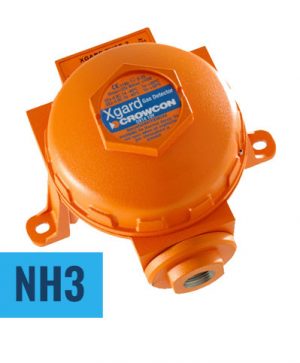Ammonia Gas Detection
Ammonia is a toxic and explosive gas with a pungent odour and is used in refrigeration, fertilisers or caused by natural decay and in waste.
Industries and applications include: Food Production, Refrigeration, Farming/Agriculture, Fire brigade and Brewing/Distilling.
Portable gas monitors protect workers from the toxic risks of Ammonia. The HSA long and short term exposure limits for ammonia are 20 and 50ppm. Our Crowcon Gasman Ammonia is a low cost handheld Ammonia toxic gas monitor. Reliable and durable monitoring in a compact and long life package. Crowcon Gasman Ammonia has a sensor life of 3 years. Our Ammonia handheld portable gas detector alarms at recognised dangerous levels.
MODELS: Portable: Gasman NH3, GasPro 5 Fixed: Xgard NH3, Gasmaster Control Panel, Biogas 5000, F-Gas
CSL supply, service and maintain all our gas detectors in our workshop in Carlow or on site.
Ammonia is a compound of nitrogen and hydrogen, with the formula NH3. It is a colourless and pungent gas.
It is the simplest stable compound of these elements and serves as a starting material for the production of many commercially important nitrogen compounds. Ammonia occurs naturally throughout the environment, in air, soil and water and is the only common alkali gas. It has a characteristic smell, but is highly reactive with acid gases, which can mask its presence.
What are the dangers of Ammonia?
It’s classified as an extremely hazardous substance and unless well- maintained, catastrophic Ammonia leaks can occur from refrigeration systems and with that, injury and even death. Serious incidents can occur when pipes are ruptured or there are leaks from shaft seals, pipe flanges or valves during maintenance. Ammonia poses both a toxic and a flammable risk and is caustic in its concentrated form. The risks of gas escape will depend on the site and the size of leak, whether indoors or outdoors; the nature and quality of ventilation; moisture in the atmosphere or whether the leak presents an explosive or toxic risk.
What should you do if you are exposed to Ammonia?
Exposure to high concentrations of the gas can cause burning of the nose, throat and respiratory tract and in extreme cases, can be fatal. Workers exposed to high levels of Ammonia should seek medical attention immediately.
Those exposed should quickly
- Rinse eyes thoroughly with large amounts of water
- Blot or brush away excess chemicals and flush the skin with lean water,
removing clothing that may have come into contact with Ammonia
How do you detect, measure and report Ammonia?
Ammonia is detected with electro-chemical and catalytic sensor technology. Portable detection, including single gas or multi-gas detectors can monitor instantaneous and time weighted average exposure to toxic levels of Ammonia. Fixed detection systems may include a combination of toxic and flammable level detectors (depending on your application). Fixed systems can also be used for process over-rides and ventilation control. You must consider where you place your detectors as the density of gas can accumulate at height and pose a toxic risk at breathing level.
Discover the right Ammonia detection solution for you
There are several types of sensors used for gas detection. The choice of sensor depends on:
- The gas to be detected
- The expected range of concentration
- Whether the detector is fixed or portable
- Whether the detector is point or open path
- The presence of other gases that may affect readings or damage the sensor
These systems can measure flammable and toxic gases, report their presence and activate alarms or equipment. You should select your gas detection solution based on the number and type of gas sensors needed and your display and certification requirements. Ammonia is a sticky gas so easily absorbed into many materials. As a result, detectors need special calibration equipment and techniques.








